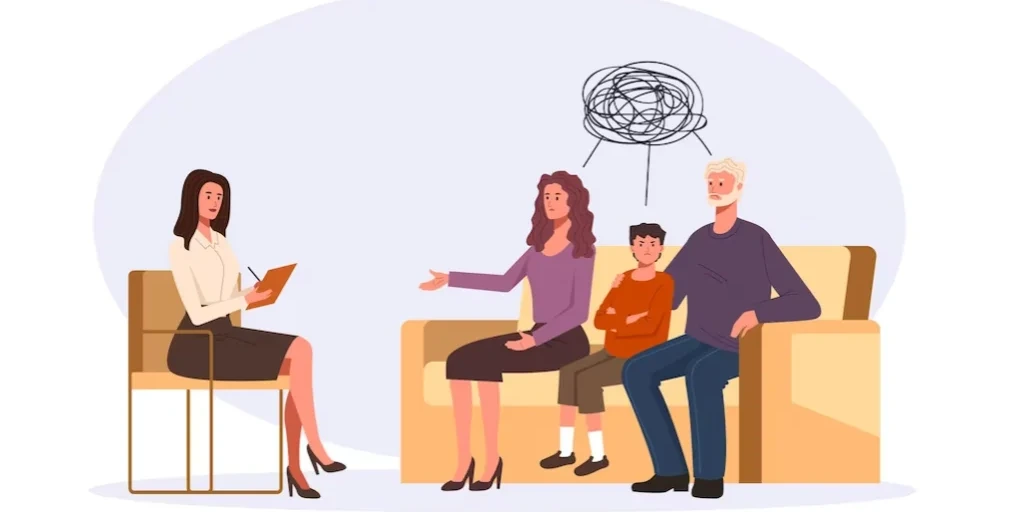24/7 Helpline:
(866) 899-221924/7 Helpline:
(866) 899-2219
Other Insurance Options

Providence

Sutter

State Farm

Group Health Incorporated

WellCare Health Plans

Health Choice

AllWell

PHCS Network

Ceridian

Health Partners

Excellus

Magellan Health

Optima

American Behavioral

Self-pay options

Private insurance

Aetna

Health Net

Coventry Health Care

UnitedHealth Group






Pine Rest Christian Mental Health Services
Pine Rest Christian Mental Health Services - Washington Avenue is located in Holland, Michigan. Pine...

Community Mental Health Services
Community Mental Health Services is a public rehab located in Holland, Michigan. Community Mental He...

Ottagan Addictions Recovery – Harbor House for Women
Ottagan Addictions Recovery - Harbor House for Women is a residential treatment facility for women a...

Ottagan Addictions Recovery
Ottagan Addictions Recovery offers outpatient and intensive outpatient services for individuals affe...

Pathways
Pathways - Century Lane offers outpatient treatment for individuals with alcohol and/or substance ad...

Holland Alano Association
Holland Alano Association is a private rehab located in Holland, MI. Holland Alano Association speci...

Ottagan Addictions Recovery – Chester A. Ray Center for Men
Reach for Recovery is a drug and alcohol recovery center in Holland, MI. The CARF accredited facilit...

Hope Network, The Development Center
Hope Network, The Development Center is a private rehab located in Holland, Michigan. Hope Network, ...

Lakeshore Counseling Services
Lakeshore Counseling Services is a private rehab located in Holland, Michigan. Lakeshore Counseling ...

Conrad Center for Mental Health
Conrad Center for Mental Health is a private rehab located in Conrad, Montana. Conrad Center for Men...

Center of Solutions
Center of Solutions is a online professional mental health and substance center that provides assess...













































































